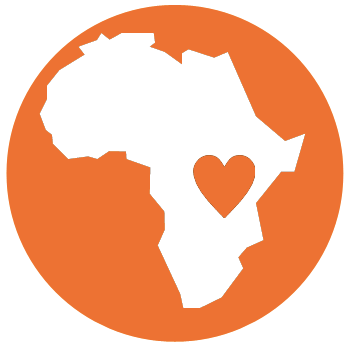

When the first AIDS case was diagnosed in Uganda, there was little understanding of the cause of the disease. In fishing villages and trading centers, locals blamed witchcraft. For many years individuals who contracted the disease were routinely outcast and stigmatized.
By the 1990s, hundreds of thousands were dying each year. In some regions of the country, a third of the population was infected. To date over 1.6 million Ugandans have succumbed to the disease and another 1 million are living with HIV. Unlike other diseases AIDS devastates the population of 17-45 year olds, the most productive age group in Ugandan society. As the farmers, artisans, and educated professionals began to die off, Uganda's economic and social order, already shattered by years of war and political upheaval, was further disrupted.
Despite the suffering of millions, Uganda is a relative success story in the battle against HIV/AIDS. The administration of Ugandan President Yoweri Museveni has won international acclaim for its leadership in promoting HIV awareness and prevention. However, even as the HIV/AIDS crisis begins to recede, the plight of the children left behind by the disease worsens by the day.
Life for most Ugandan children is very difficult, even for those with both parents still living. The many Ugandan children living in poverty rarely attend school, eat more than once a day, sleep in their own bed, or have access to basic medical care. We call vulnerable those children living in poverty without access to healthcare, education and the basic necessities of life.
The life of a Ugandan orphan is scarred by a degree of cruelty and neglect beyond the comprehension of most western observers. After watching both their parents waste away slowly from AIDS, the child is almost always left without an able, and many times not even a loving, caregiver. Siblings are invariably separated. Some are sent to grandparents, others to aunts, uncles and cousins. Generally speaking, the more distant the relative, the higher the degree of neglect. Orphans are treated as outsiders and given last priority in everything from distributing food at dinner to medical and school fees. If a foster family's financial situation worsens, the orphans are the first forced onto the street. With nowhere to go, girl orphans are often forced into prostitution or an early marriage. Boys join the swelling ranks of the street kids - homeless children who congregate in gangs, dig through garbage for food, sleep on storefronts and verandahs and subject themselves to all sorts of labor and sexual exploitation.
